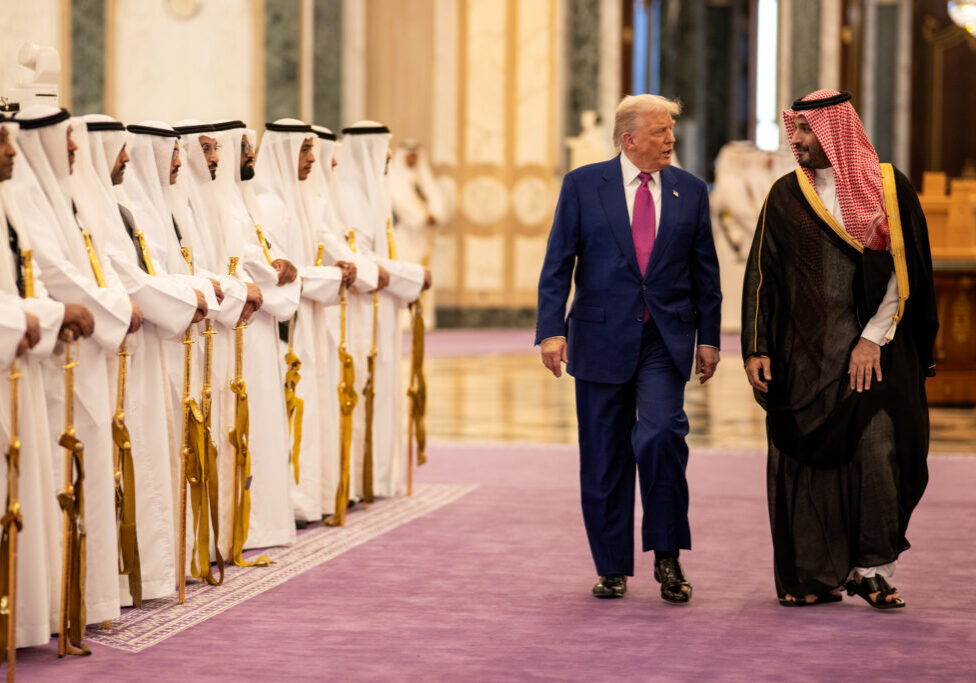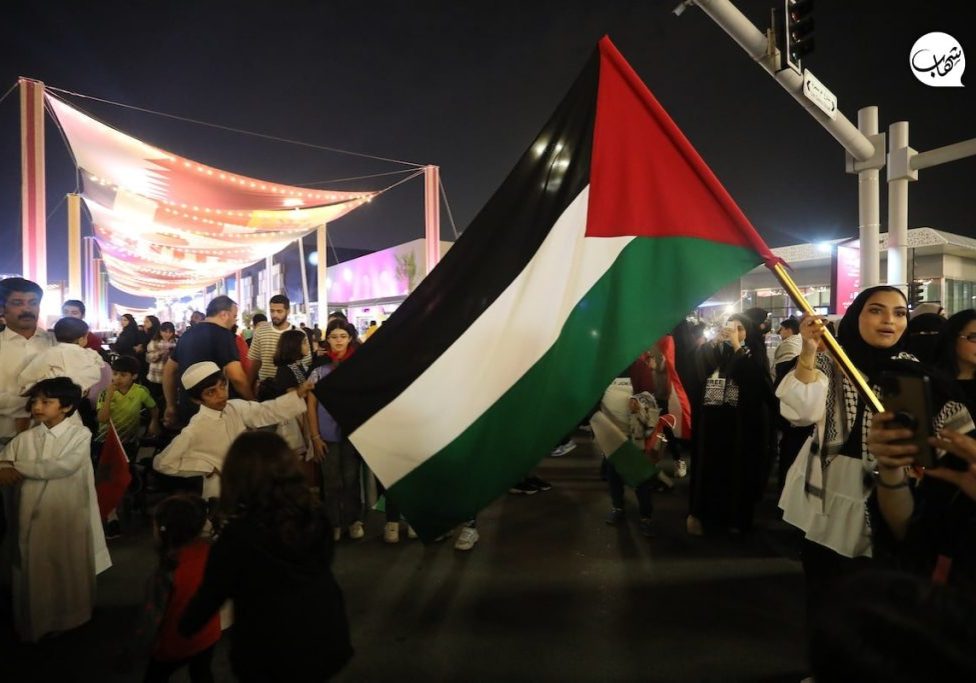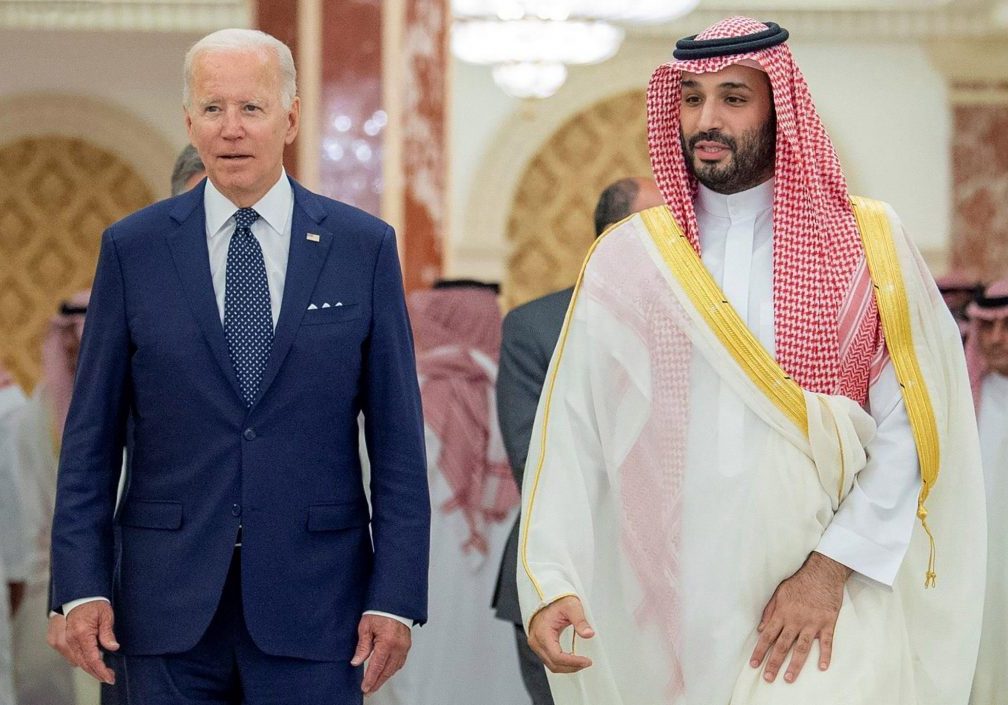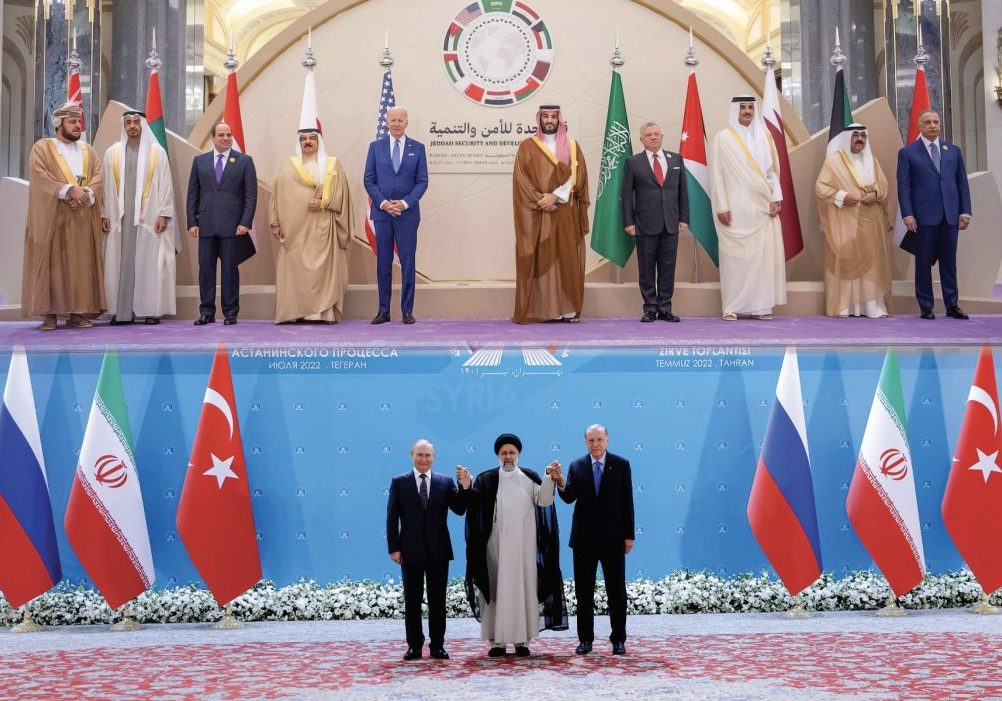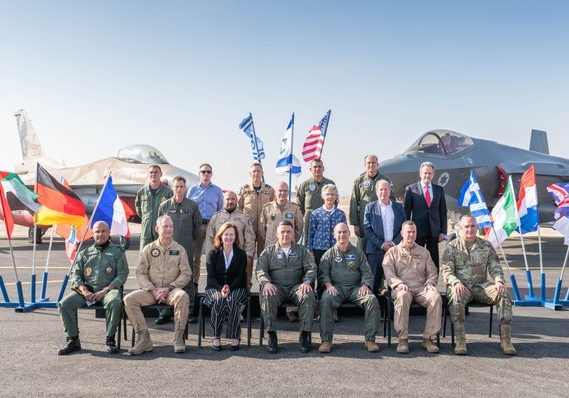Australia/Israel Review
The Palestinian Arena and Qatar Crisis
Jul 4, 2017 | Kobi Michael and Yoel Guzansky
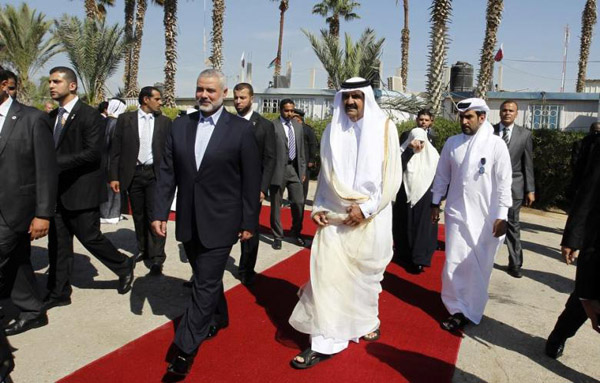
Kobi Michael and Yoel Guzansky
The foreign policy of the six Gulf Cooperation Council (GCC) members – Saudi Arabia, Qatar, the United Arab Emirates (UAE), Bahrain, Kuwait, and Oman – has never been a model of cooperation and unity. Even the dramatic severing of relations with Qatar and closing the aerial, territorial, and naval spheres to it – as initiated by Saudi Arabia and the UAE – is not indicative of a change. Kuwait has, again, chosen to sit this one out, as in similar instances in the past. Egypt, Bahrain, the recognised government of Yemen, and the Maldives have joined the move, as have Jordan and Morocco, to a limited extent.
Beyond the official justifications provided for this step, as well as the attention focussed on the relationship between Qatar, the Arab sphere and Iran, it is also important to consider the possible ramifications of the crisis – the most severe one since the founding of the GCC in 1981 – on the Israeli-Palestinian arena.
During his visit to Saudi Arabia, President Trump lumped Hamas, ISIS, and radical Islam together, casting them as a single terrorist entity, and made it clear that the United States would have zero tolerance for states supporting terrorism.
It is safe to assume that these remarks provided an excuse for several states to make this move of severing relations at this time by accusing Qatar of supporting terrorism and aiding subversives within their own borders. Qatar announced the expulsion of several operatives of Hamas’ military wing before the diplomatic relations were severed, but this was insufficient to prevent the move. While Qatar’s decision to expel these Hamas members from the country may have only a slight effect on Qatar-Hamas relations and the role Qatar plays in the Gaza Strip, the moves led by Saudi Arabia and Egypt, if not resolved, have the potential to have a much greater impact.
Qatar plays a crucial role in the reconstruction efforts in the Gaza Strip, both financially – as the largest donor nation – and politically, thanks to its influence over Hamas’ leadership, which depends on Qatar to serve as its channel of communication with Israel. This includes everything from paying salaries of Hamas officials and financing the supply of electricity from Israel to Gaza, to passing messages and helping with reconstruction efforts.
Israel’s attitude to Qatar is dualistic. Israel laments Qatar’s support for Hamas and the sponsorship it extends to the organisation’s leadership and is angry at it for having derailed the efforts to attain a ceasefire in the spirit of the Egyptian proposal during Operation Protective Edge in 2014. However, Israel also attributes importance to Qatar’s contribution to Gaza reconstruction efforts, as well as the very fact of a long-lasting relationship with an Arab state. Israel recognises that the benefits of cooperation with the Emirate – including curbing Iran and weakening its influence over Hamas and events in Gaza – outweigh its drawbacks.
Qatar’s romance with the Muslim Brotherhood (especially in Egypt) and, as a derivative, also with Hamas, is an outlier compared to the traditional tendency of the other GCC members, which, along with the solidarity expressed for Palestinian national aspirations, have been suspicious if not downright hostile to Hamas and the ideology it represents. They see Hamas as a militant faction of the Muslim Brotherhood, threatening Egyptian national security (i.e., the regime), destabilising the Palestinian Authority (PA) regime, and representative of the capabilities of Islamist movements to seize the reins of government.
Qatar’s support for Hamas and its investments in the Gaza Strip are part and parcel of the tiny emirate’s survivalist foreign policy and its attempts to leave a mark and increase its influence. The American security backing (the US Central Command for example, is located in Qatar) is another factor facilitating the diplomatic manoeuvrability of Qatar. Qatar believes that because of its relations with entities such as Iran, the Taliban, and Hamas, it has acquired influence alongside insurance against their wrath.
As part of its activity, the Emirate is investing in the West Bank (e.g., the new Palestinian city of Rawabi) and even in Israel’s Arab sector; but most of its support, which was increased after a visit in 2012 by the former emir, Hamad bin Khalifa, is devoted to the Gaza Strip. The emirate’s support for Hamas, larger than that of any other Arab state, is expressed in strengthening the governing capabilities of Hamas, especially by paying salaries and ensuring the regular supply of electricity from Israel, and promoting – with Israel’s approval and help – humanitarian and infrastructure projects in the Gaza Strip. There have even been reports of Qatari attempts to mediate between Israel and Hamas in exchanging POWs, promoting the construction of a seaport off the Gaza Strip, and transferring aid to the Gazan population.
The severing of diplomatic relations by the group of Arab states led by Saudi Arabia and Egypt, and President Trump’s statements identifying the move as an important step in uprooting Islamic terrorism and curbing Iran’s moves in the region, are isolating Qatar. Closing the sea and air space and the land border with Saudi Arabia are tantamount to casus belli and could lead to chaos in the Emirate if mediation efforts led by Kuwait do not bear fruit soon. Even if the United States comes to Qatar’s aid and tries to mediate and calm the waters, given Qatar’s importance to the Americans, it is obvious that Qatar will be forced to pay a price. Whatever that price turns out to be, its effort will be felt in its relationship with Hamas and Iran.
Trammelling Qatar might also lead to its marginalisation in the Gaza Strip and a decrease or cessation of its support for Hamas, at least at the declarative level. Hamas might find itself isolated, which, as a last option, could drive it into Iran’s arms. Such a scenario raises the probability for another round of violence in the Gaza Strip and a worsening of the humanitarian crisis there.
Preserving Qatar’s status in the Gaza Strip and its continued contribution to the reconstruction of the Gaza Strip are at odds with the importance Israel attributes to expanding relations with the pragmatic Sunni camp. Israel’s effort to mitigate the positions of the pragmatic Sunni states towards Hamas and Qatar flies in the face of that camp’s preference for restoring the PA to the Gaza Strip and hemming Qatar in. In this convoluted reality, it would be wise of Israel to encourage more extensive and direct involvement by the pragmatic Sunni camp in the Gaza Strip, if only to serve as a counterweight to Iran.
Israel’s interest is for Washington to offer a compromise that would allow the sides a way out while saving face and simultaneously take advantage of this opportunity to bring Qatar – an important strategic asset of the United States, militarily speaking – to fulfil some of its earlier and still unrealised commitments, such as cooling relations with Iran and the Muslim Brotherhood in the Arab world, including Hamas.
On June 7, there were reports of a phone call between President Trump and the Emir of Qatar in which the former offered his help to resolve the crisis. We may be seeing an opportunity to enlist the pragmatic Sunni camp together with Qatar, which has been put in its place, towards a broad program of rebuilding the Gaza Strip in conjunction with the PA and the incorporation of the latter in the Gaza Strip’s external perimeter. With Israel’s help and the active presence of the PA, it should be possible to establish protected spheres of energy, water and employment infrastructure critical to the Gaza Strip. It may be that the right political move can turn the emerging troubles of Qatar and Hamas into a crucial lever for reshaping the reality of Gaza and, at a later date, that of the Israeli-Palestinian track.
Kobi Michael is a senior research fellow and Dr. Yoel Guzansky is a research fellow at the Institute for National Security Studies, Tel Aviv University. © INSS, reprinted by permission, all rights reserved.
Tags: Gulf states

